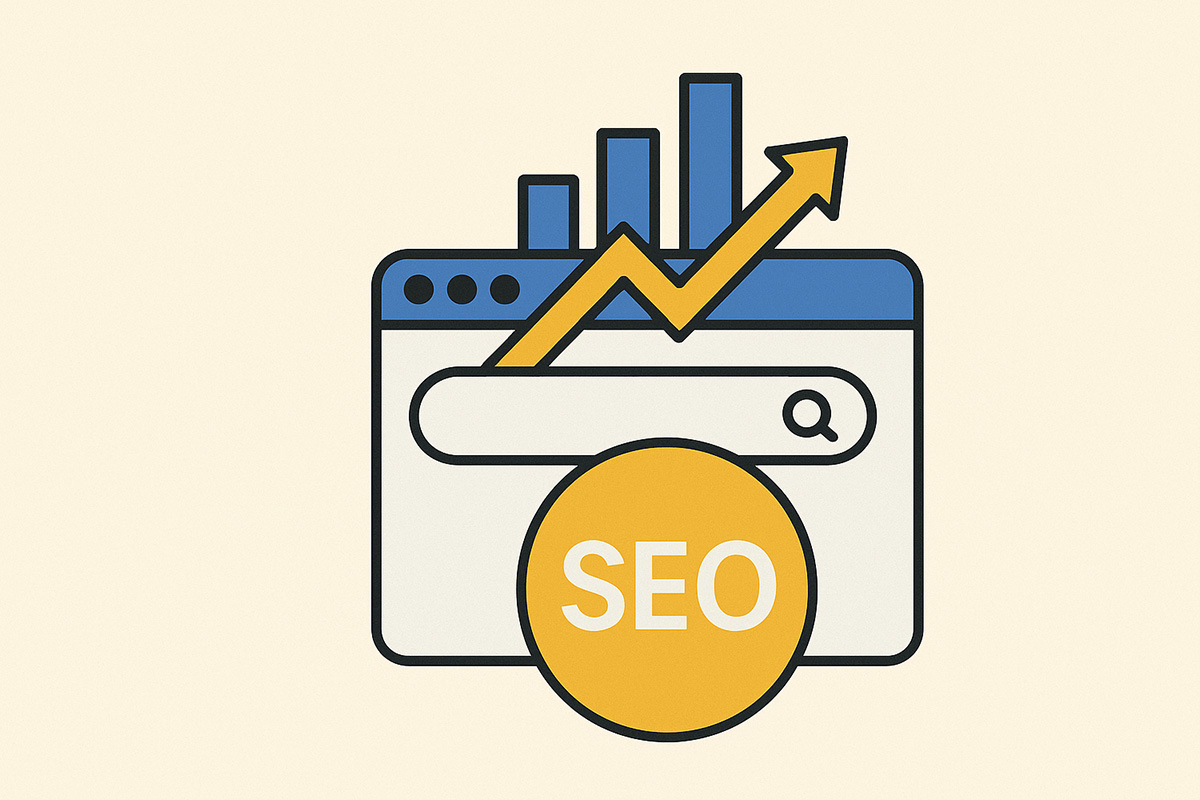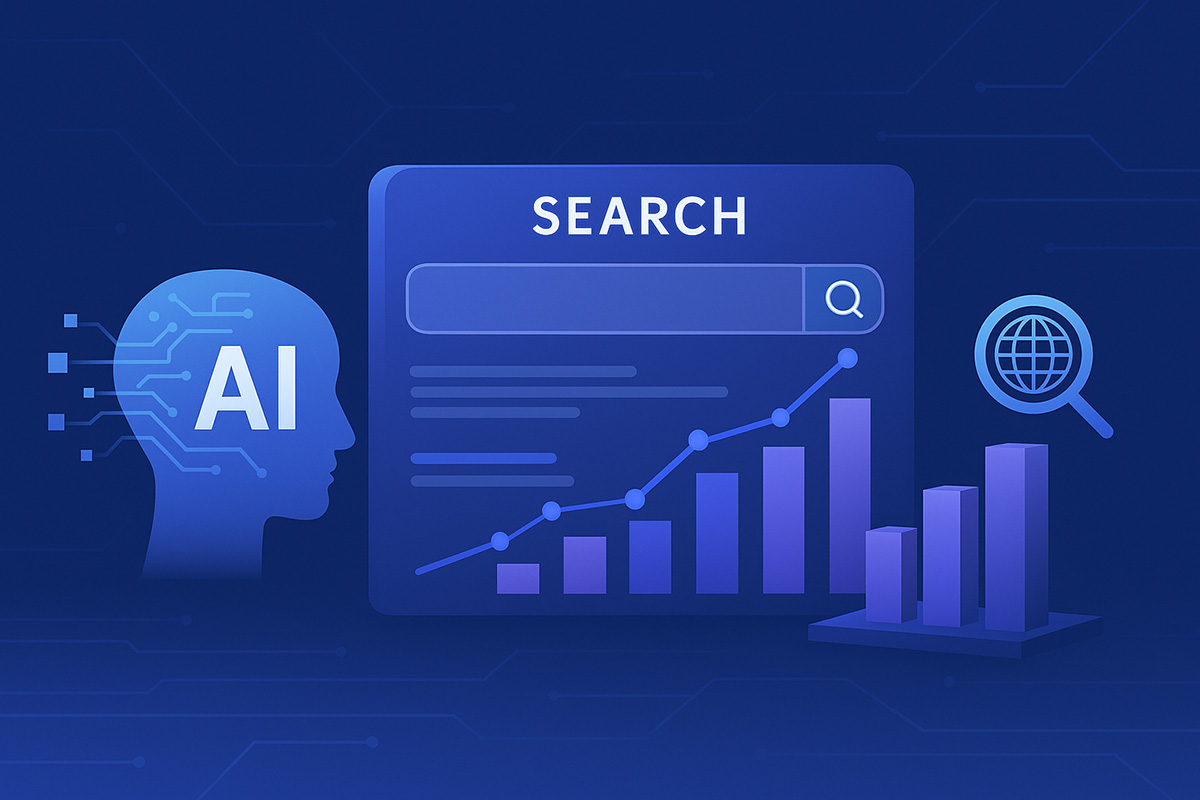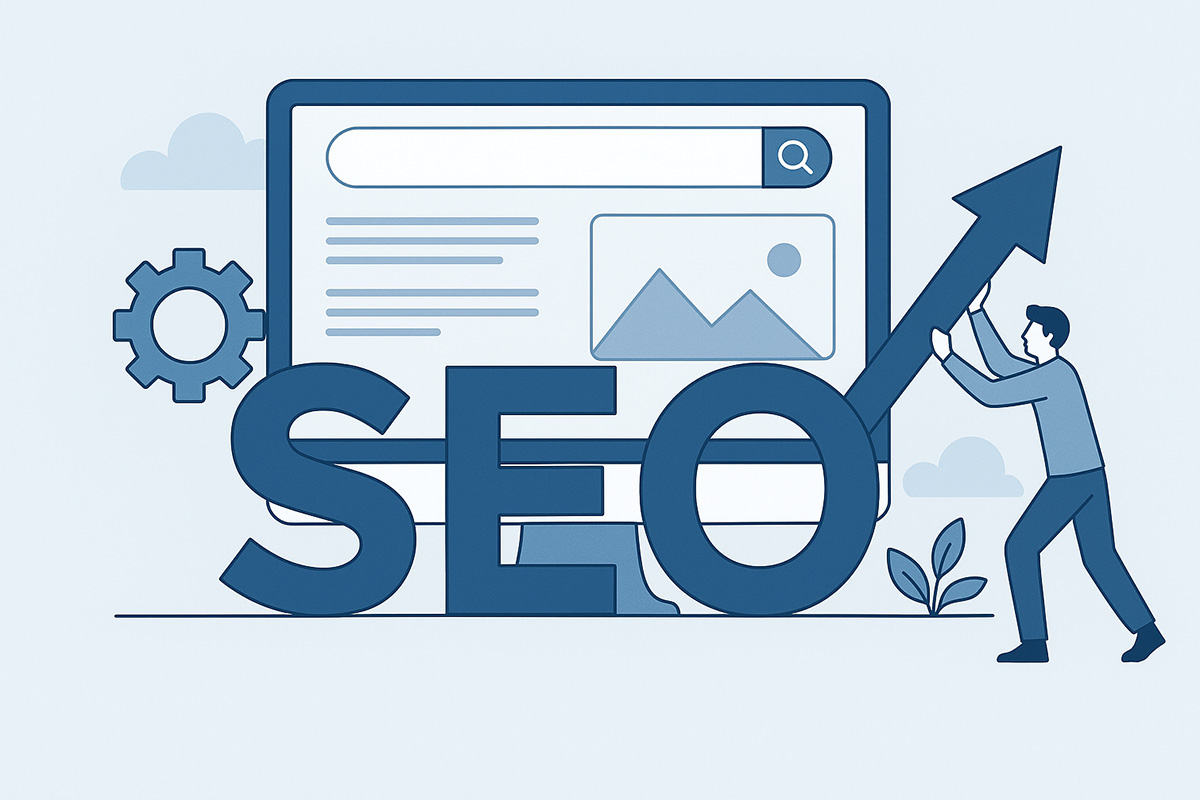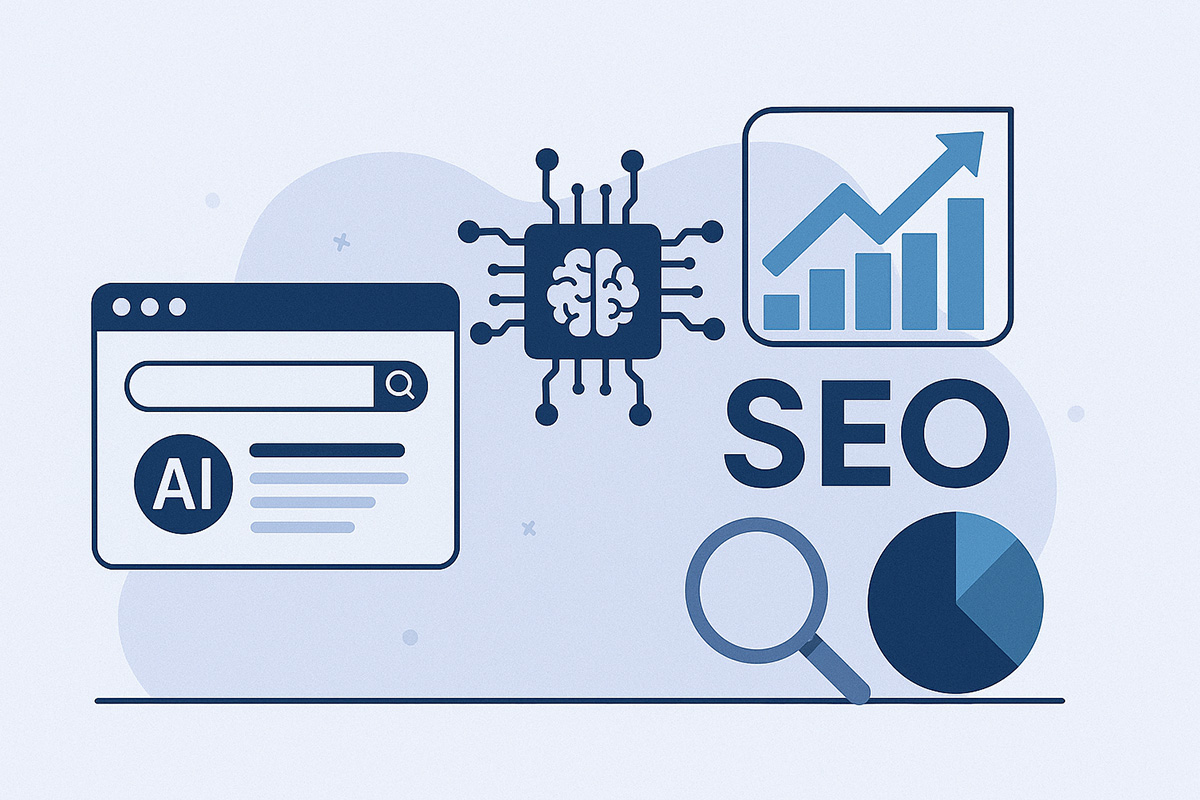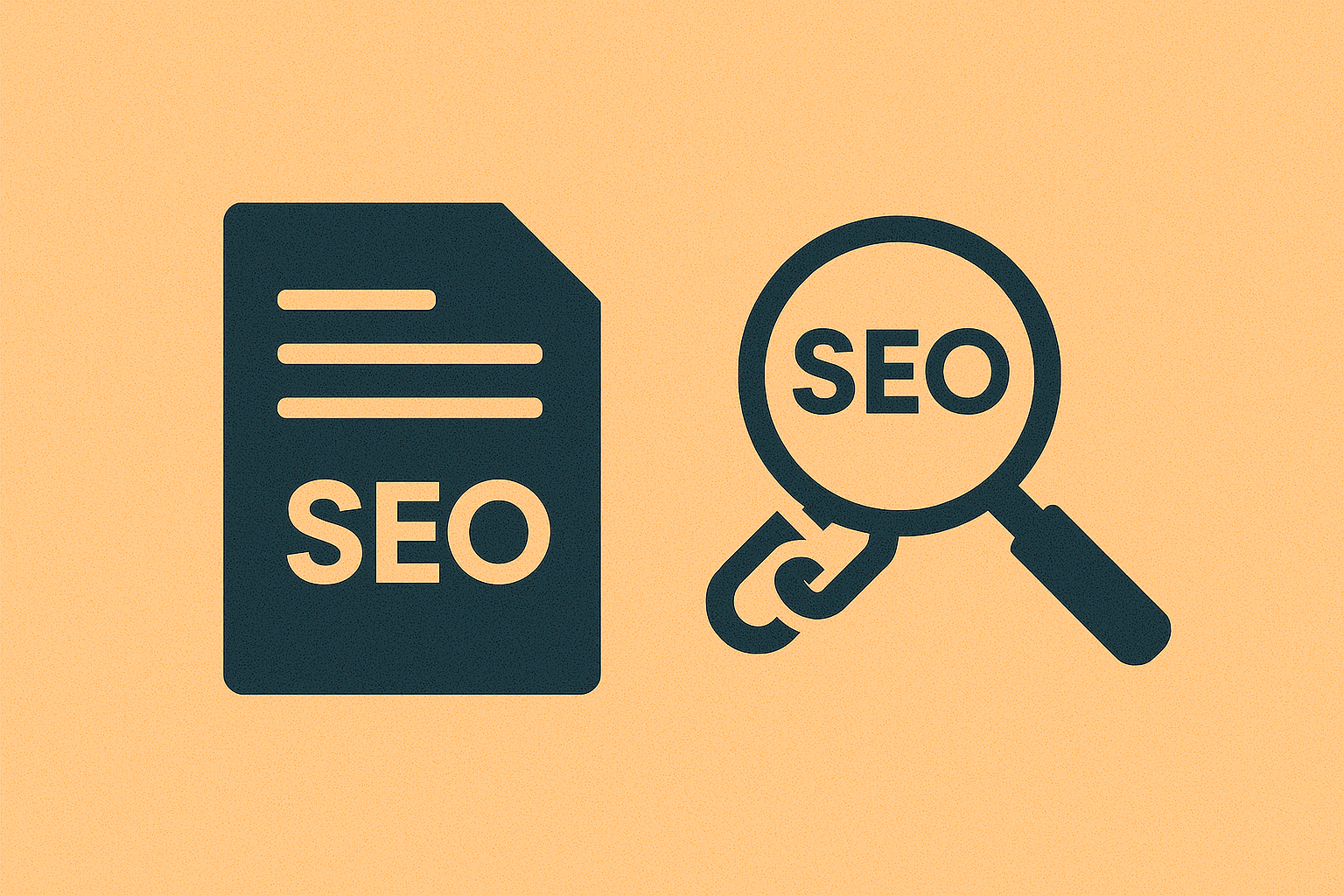Home / Blogs / AI Answers Everything — But Who’s Feeding the Answers
AI Answers Everything — But Who’s Feeding the Answers
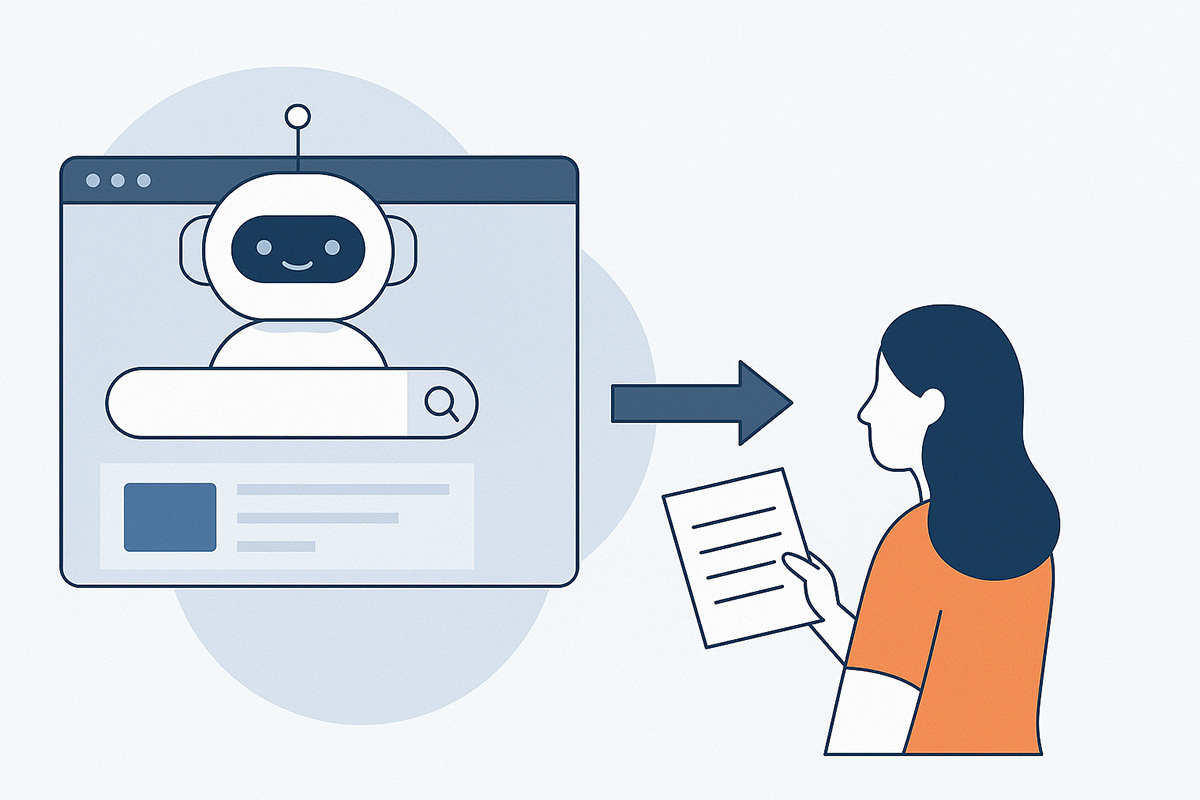 SEO
SEO
Introduction: The Illusion of Effortless AI Answers
In an era where AI chatbots seem to magically deliver the “right” answer to any query, it’s easy to overlook how AI gets information and that every AI-generated response is built on something. Behind every AI summary, recommendation, and insight lies a vast foundation of optimised web content. And guess what? That content didn’t appear by accident, it was curated, structured, and made accessible by SEO.
So here’s the uncomfortable truth for brands ignoring SEO: AI answers everything, but SEO still feeds the machine.
From Google’s AI Overviews and ChatGPT’s web browsing plugin to tools like Perplexity and You.com, all generative platforms rely on the open web, and the web is still governed by the principles of search engine optimisation. Google also keeps reminding us that high-quality content, whether created by AI or written by humans, should always follow AI and SEO best practices to help it be easily found.
Why AI Tools Rely on SEO-Optimized Content
It might be an AI writing tool, chatbot, or voice assistant; generative AI systems depend on structured, crawlable, authoritative data. That data doesn’t just materialise. It’s indexed and learned from pages that have been optimised for discoverability.
According to OpenAI’s documentation, ChatGPT’s Browse with Bing and other web-integrated tools prioritise pages that load quickly, follow semantic structure, and contain high-quality, well-organised content.
Likewise, Google’s AI Overviews (formerly SGE) pulls content from web pages already ranked by SEO standards and often presents snippets directly influenced by structured metadata. In fact, recent analysis shows that Google AI Overviews are trending toward authoritative, structured websites, further emphasizing the role of strong SEO foundations.
So while AI is reshaping the way users search, it hasn’t replaced the need for SEO. It’s amplifying it.
The Misconception: AI = No SEO Needed
There’s a growing myth in digital circles that AI is making SEO obsolete.
Why bother with keyword planning, schema, and link building if ChatGPT or Gemini just “knows everything”? This belief couldn’t be further from the truth.
AI doesn’t know, it summarises. And what it summarises is your SEO-optimised web content.
Still think SEO is dying? This section might change your mind.
Consider these facts:
- ChatGPT’s training corpus includes Common Crawl, Wikipedia, and thousands of SEO-optimised websites.
- Perplexity cites sources directly in its answers, giving preference to structured, answer-rich content.
- Gartner predicts that by 2026, 25% of search traffic will occur on AI-powered platforms, but that content will still originate from SEO-rich sources.
- According to a report published in Stanford’s 2025 AI Index Report, it turns out that most AI systems rely on structured public data sources!
- Another study analysing 8,000 AI citations found that SEO-rich optimised content is far more likely to be cited in AI answers.
Who’s Feeding the Answers? The SEO Contributors Behind AI
Here’s how SEO actively fuels the AI ecosystem:
- Structured Data as AI Guidance
AI doesn’t “guess” where the good information is—it looks for schema markup (Article, FAQ, Product, Review, etc.) to prioritise content. Google’s documentation states that structured data improves your chances of appearing in AI summaries and visual previews.
- Semantic HTML and Crawlability
AI tools function like browsers. Clean code, proper heading hierarchy, and crawl-friendly design all improve the chances that your content gets seen and used.
- Content Depth and Topical Authority
Generative engines love comprehensive, well-structured content. That means long-form blogs, topical clusters, and consistent domain authority.
Brands with deep content libraries are more likely to be referenced across multiple AI tools, increasing indirect traffic and trust signals.
- Technical SEO Signals
Fast-loading pages, mobile optimisation, canonical tags, alt text, and HTTPS security all impact how LLMs score and interpret a page.
If your page doesn’t meet basic SEO standards, it may be excluded from AI training datasets or live AI responses.
Verve Media’s View: AI is Surfacing SEO’s Hidden Value
The rise of generative search has finally exposed what SEO specialists have known for years: the most useful answers on the internet don’t come from chance. They’re built by teams who understand how structure, semantics, and authority work together.
That’s why our strategies focus on:
- GEO + SEO hybrid frameworks (Generative Engine Optimization)
- AI-friendly schema integration
- Content architecture designed for summarisation and scannability
- High-E-E-A-T blogging models
- Ongoing crawl audits and performance monitoring
We don’t just help brands rank. We help them get quoted by AI.
Real-World AI-SEO Citations in Action
Here are some examples of how SEO-optimised content gets pulled into AI-generated content environments:
- Perplexity AI includes inline citations from authoritative blogs with schema.
- Google AI Overviews prominently cite FAQ and HowTo schema content.
- ChatGPT’s results are influenced by click-through performance, content layout, and structured metadata.
In all cases, the common thread is SEO.
Checklist: Is Your Brand Feeding the AI Pipeline?
Ask yourself:
- Is your content structured with FAQ, HowTo, or Product schema?
- Are your pages semantically tagged with proper H1-H4 usage?
- Do your blogs answer real user questions clearly and concisely?
- Have you built topical authority through consistent, thematic publishing?
- Is your website crawlable, mobile-first, and fast-loading?
If the answer is “no” to more than one, you’re not just missing out on Google traffic. You’re being left out of AI.
Conclusion: The Web Still Matters — Because AI Still Eats It
Here’s the final takeaway: AI may feel like the future, but it still needs the past and present to work.
The tools of tomorrow—ChatGPT, Gemini, Perplexity, Claude—are still trained on the open web. The open web is still built on SEO. And SEO, while evolving, remains the bridge between content and discoverability.
So the next time you hear someone say, “SEO is dead,” remind them: AI doesn’t kill SEO. It consumes it.
The brands that show up in AI answers are the ones that still invest in SEO.
If you want to be cited, sourced, and surfaced in a world where AI answers everything, make sure Verve Media is part of your SEO strategy.

.jpg)
.jpg)
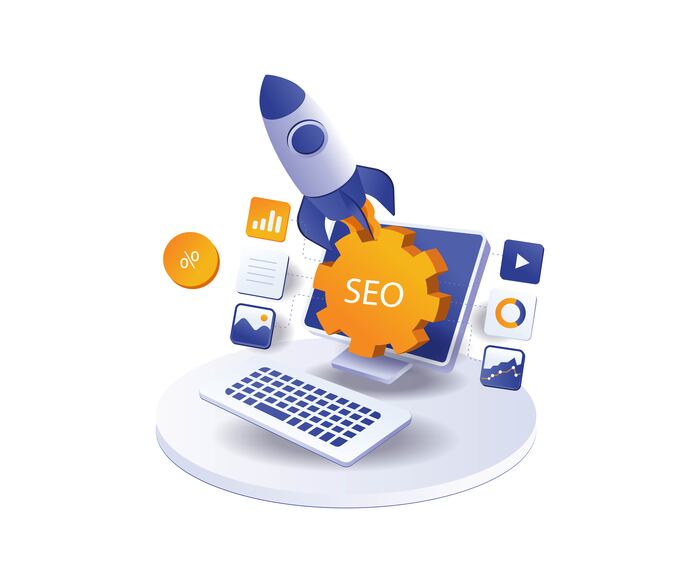





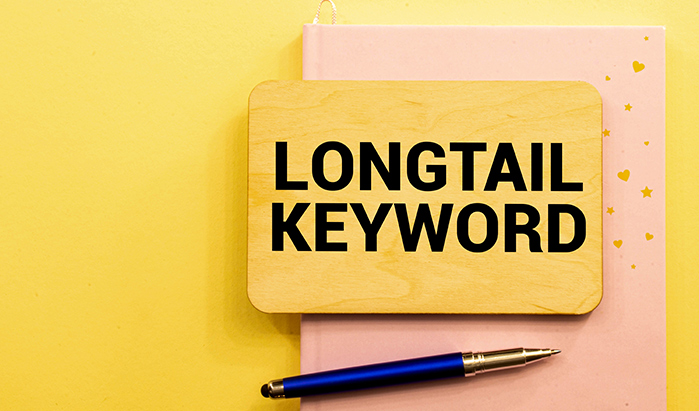


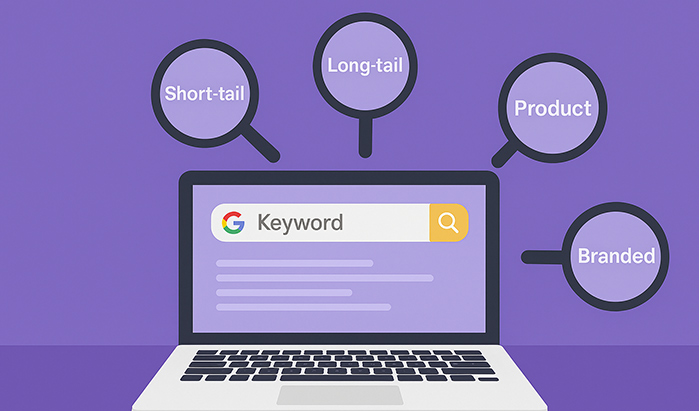


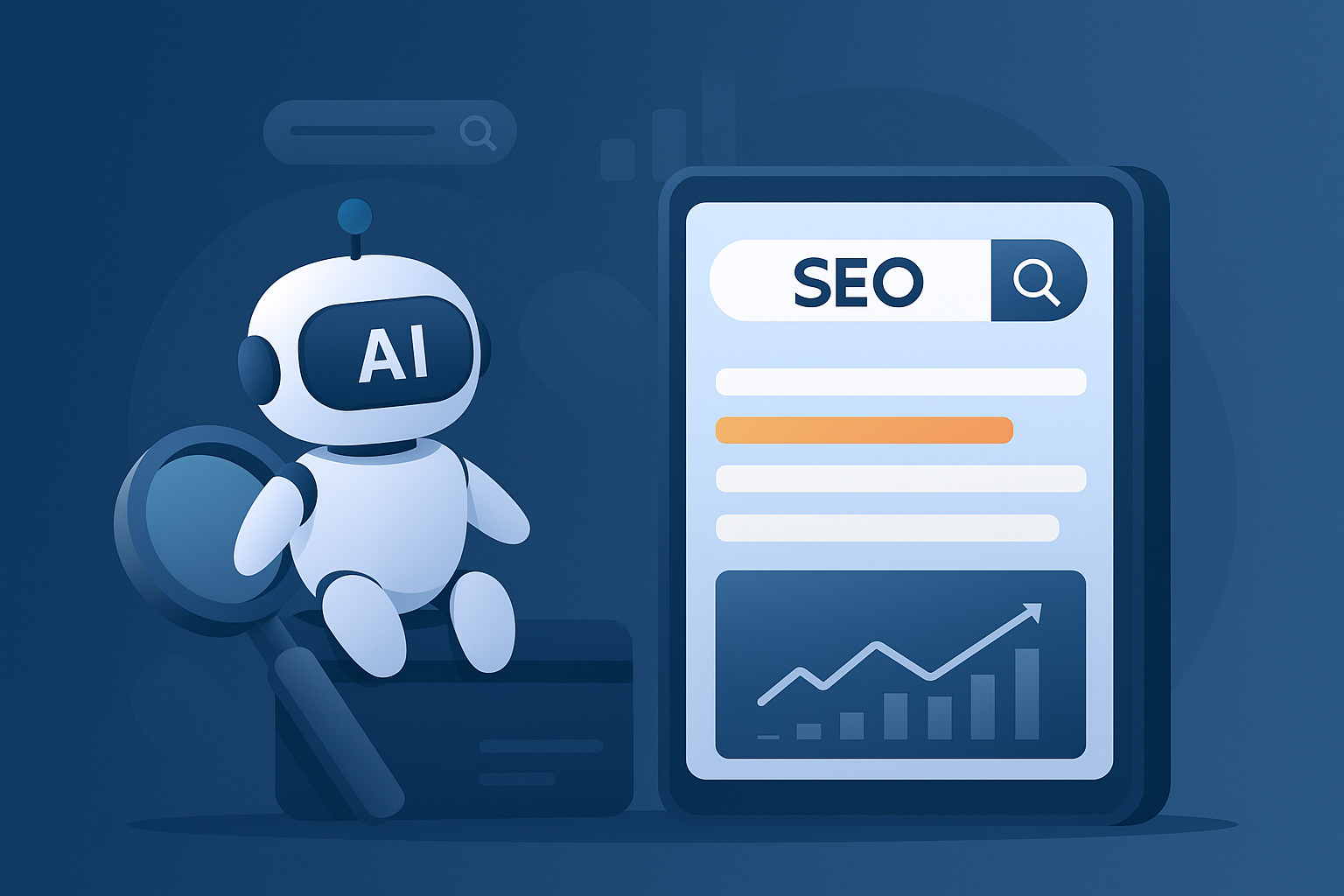


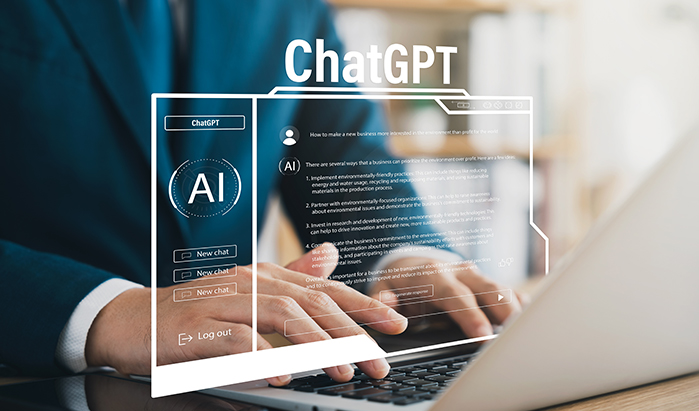


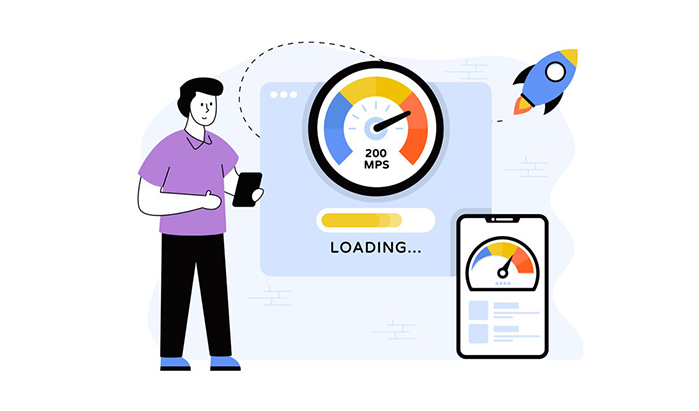


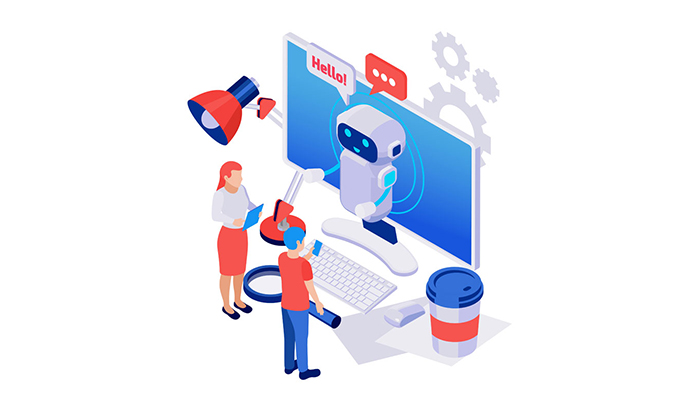
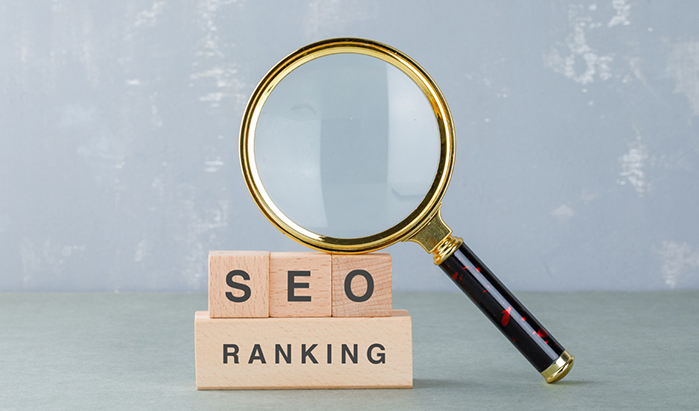

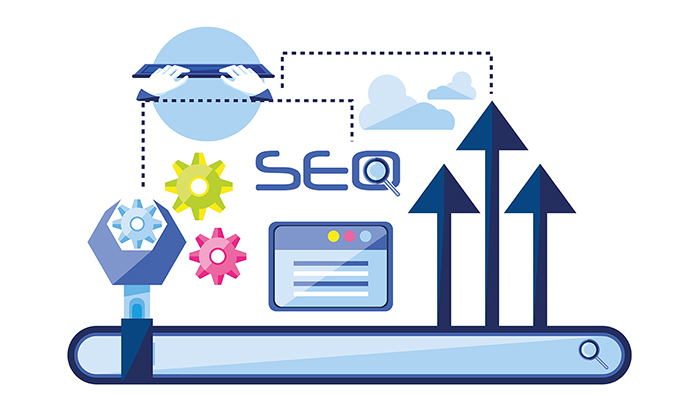
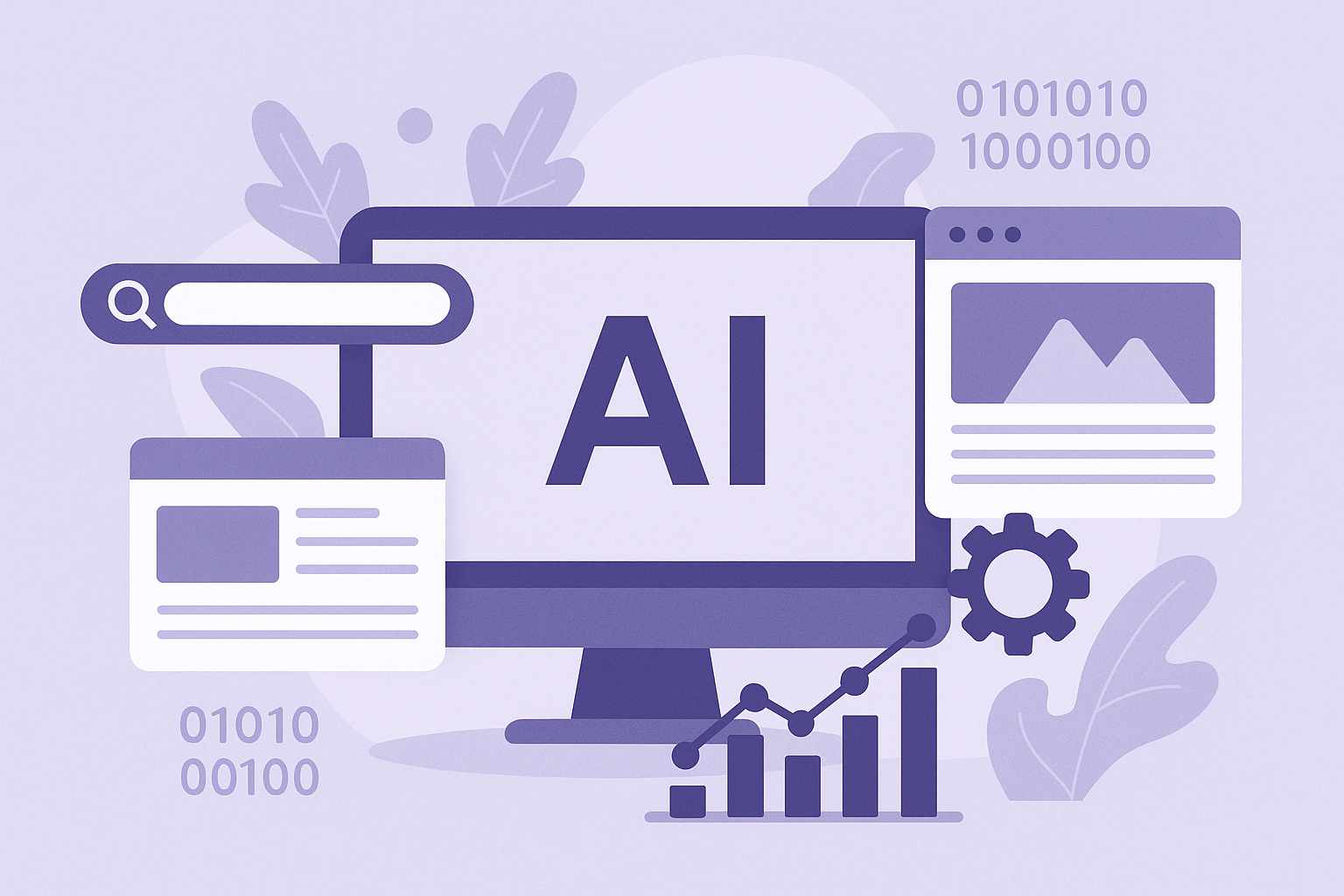

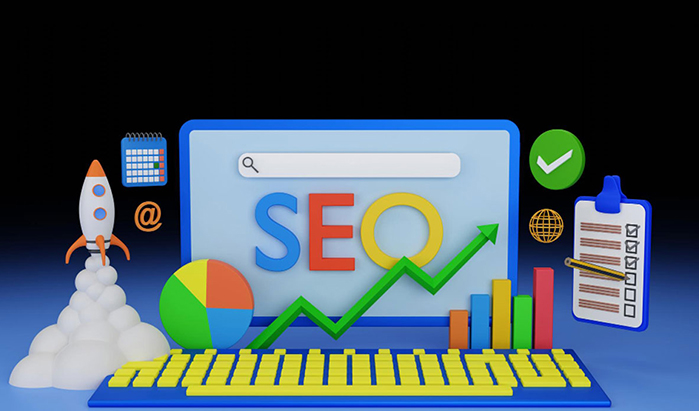
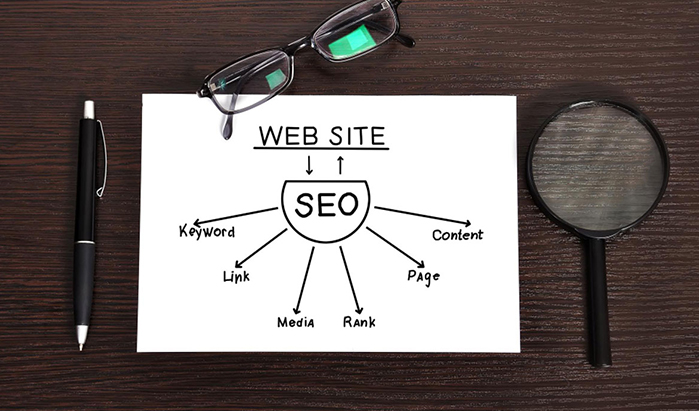

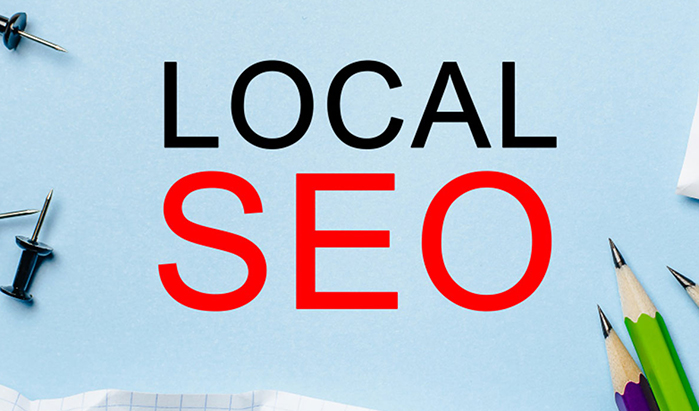




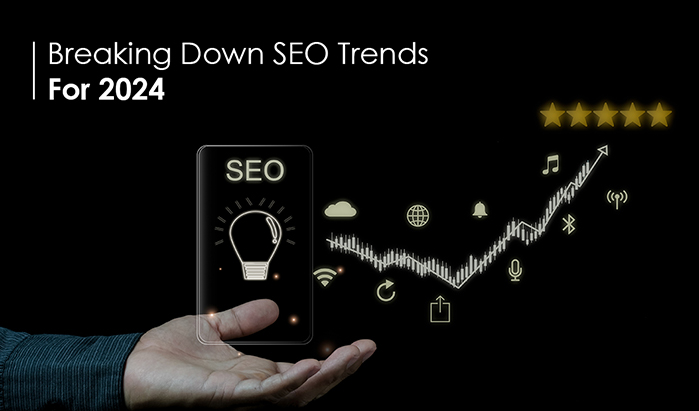




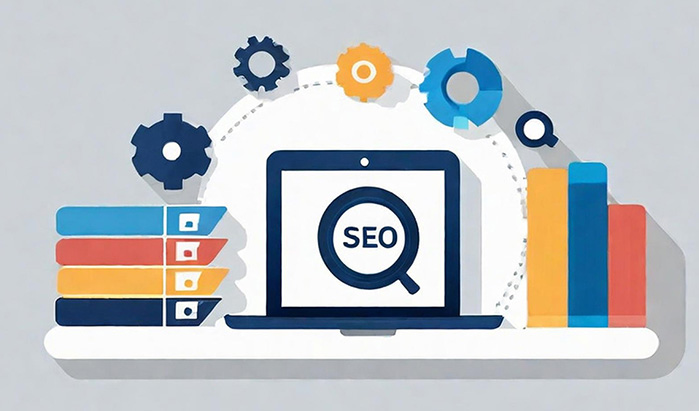


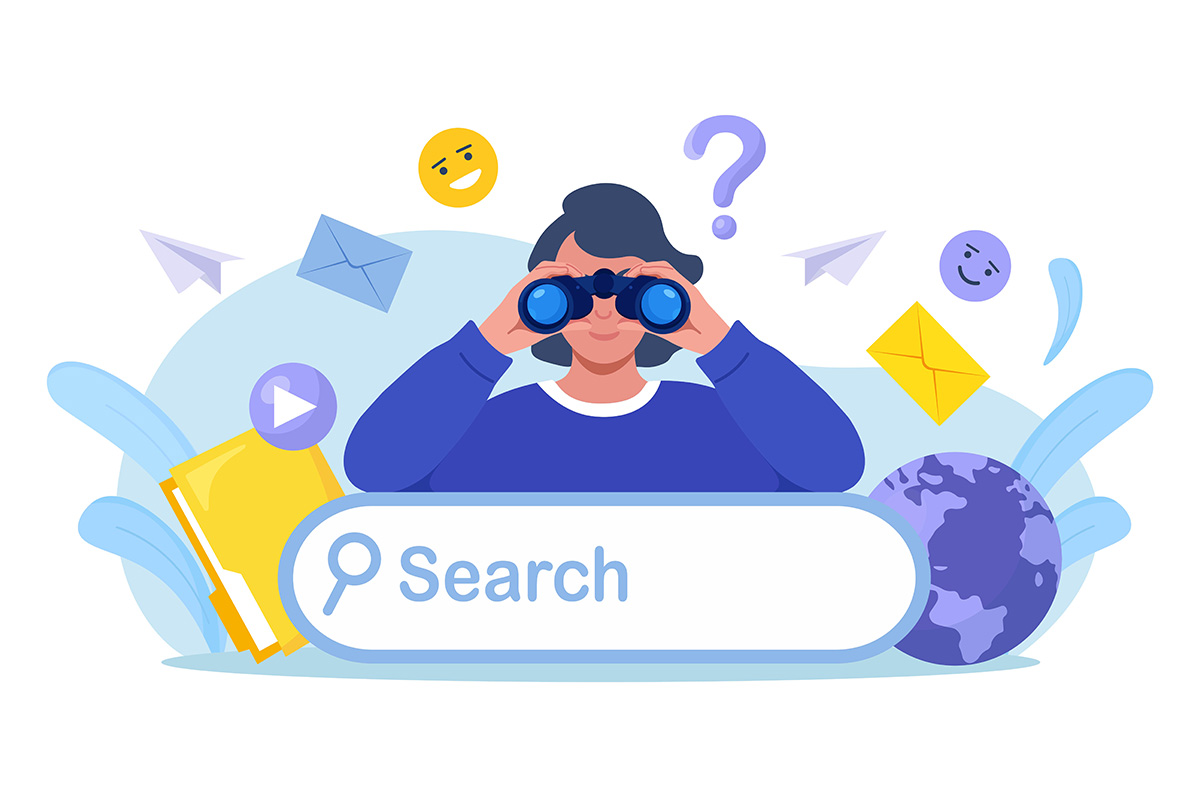










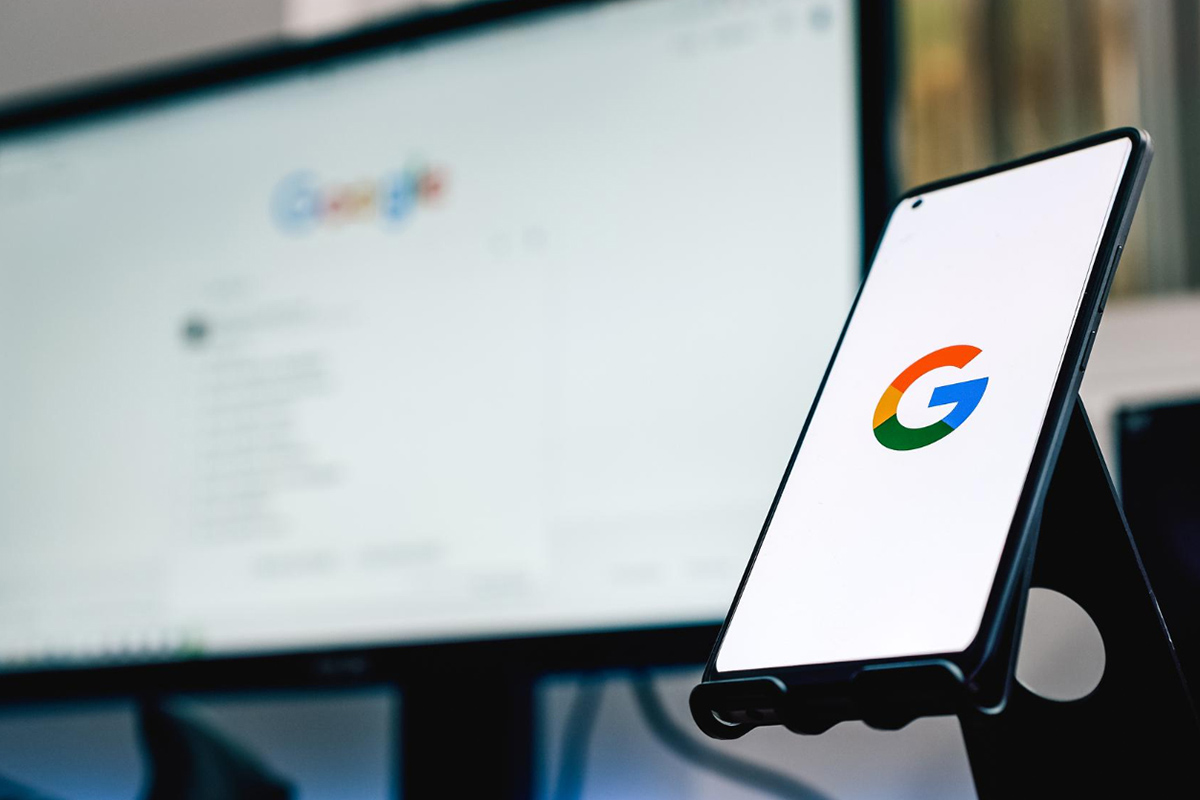









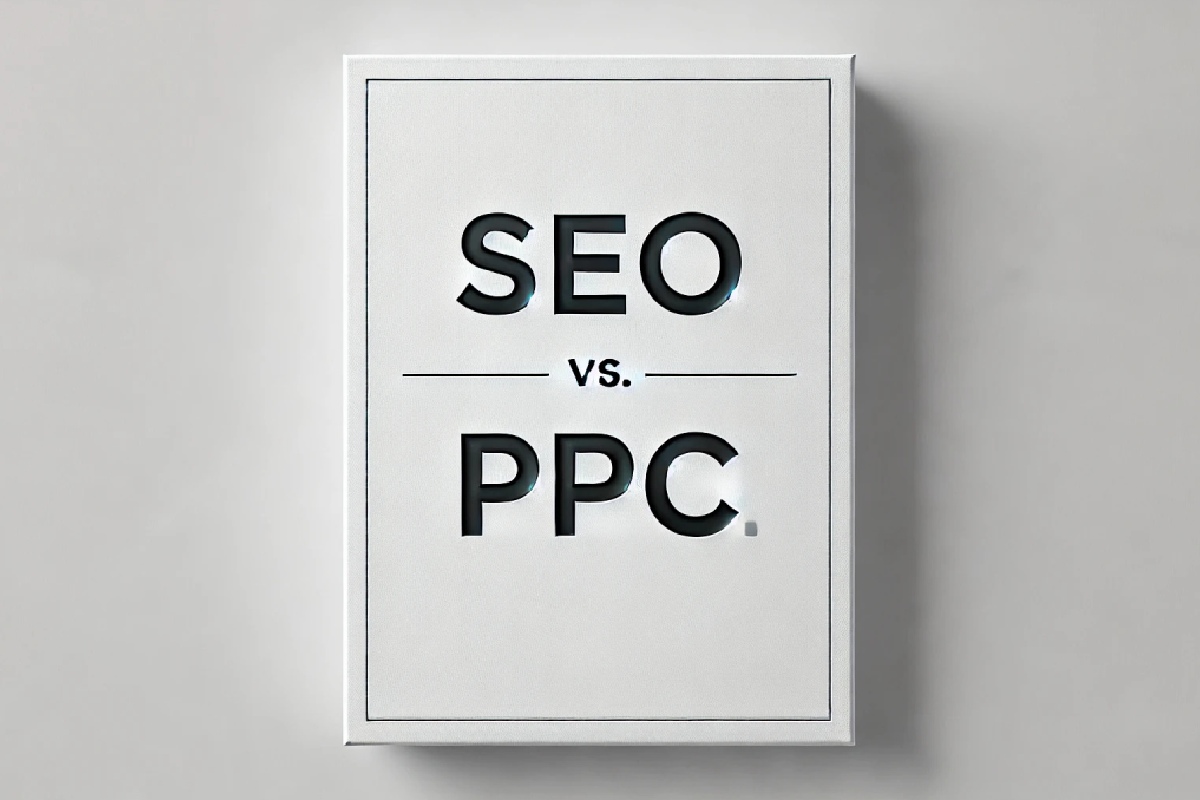







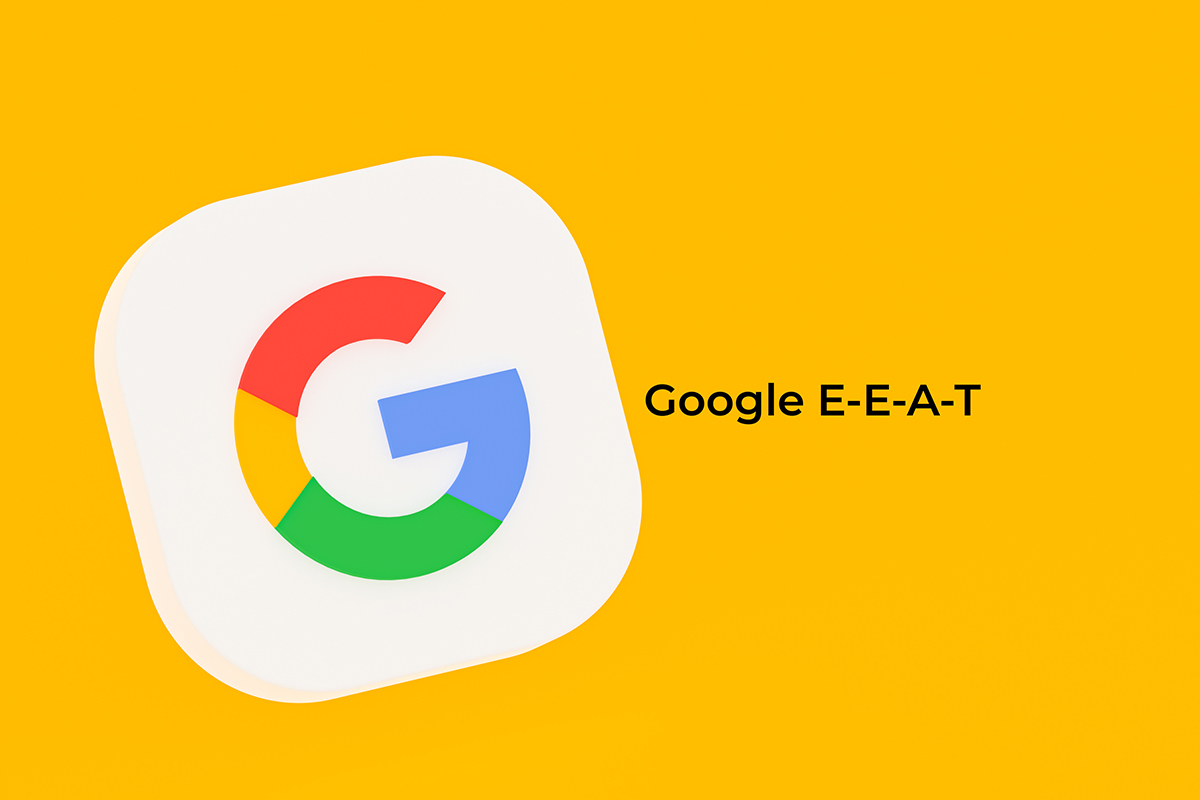

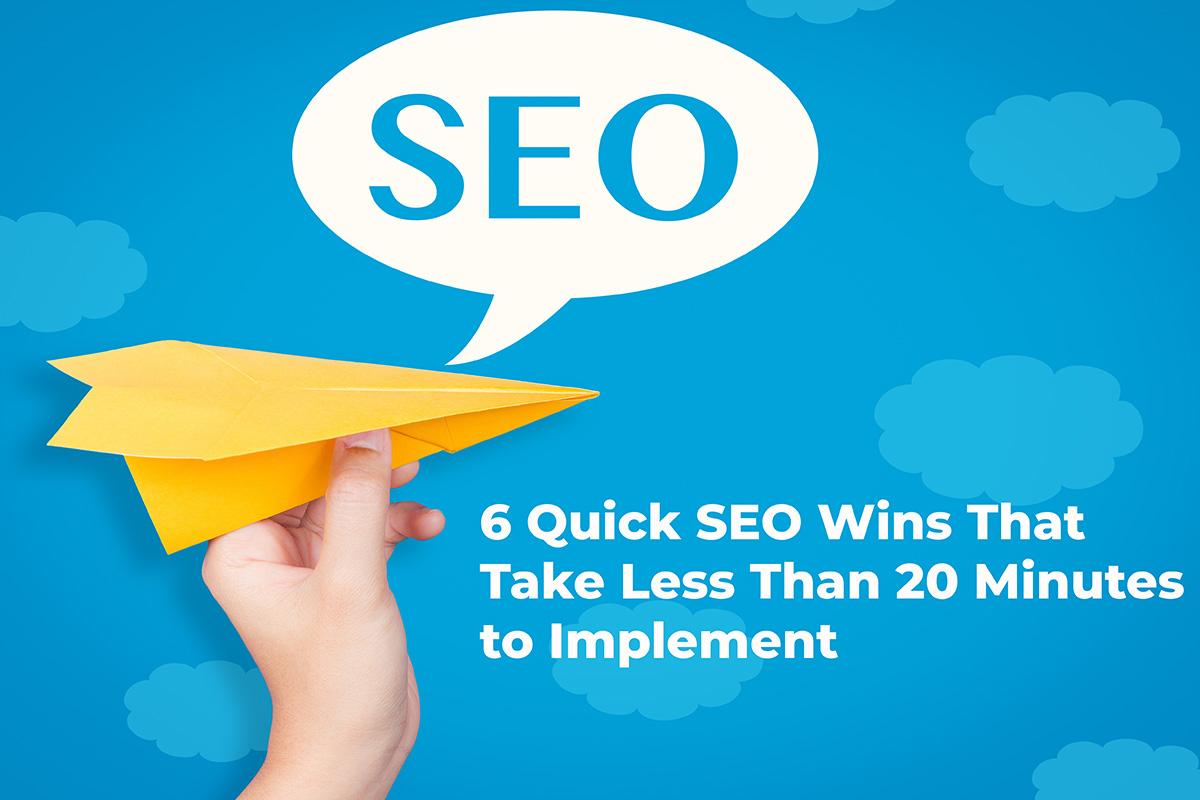












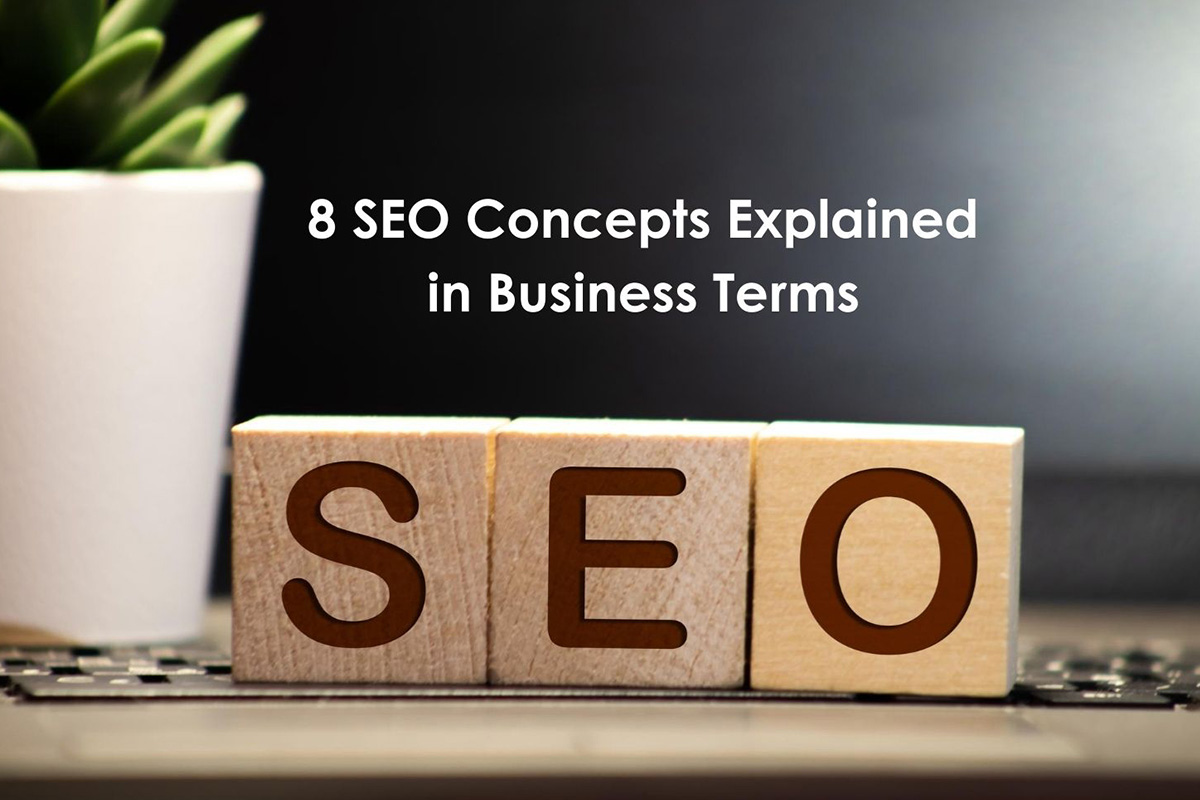



.jpg)
